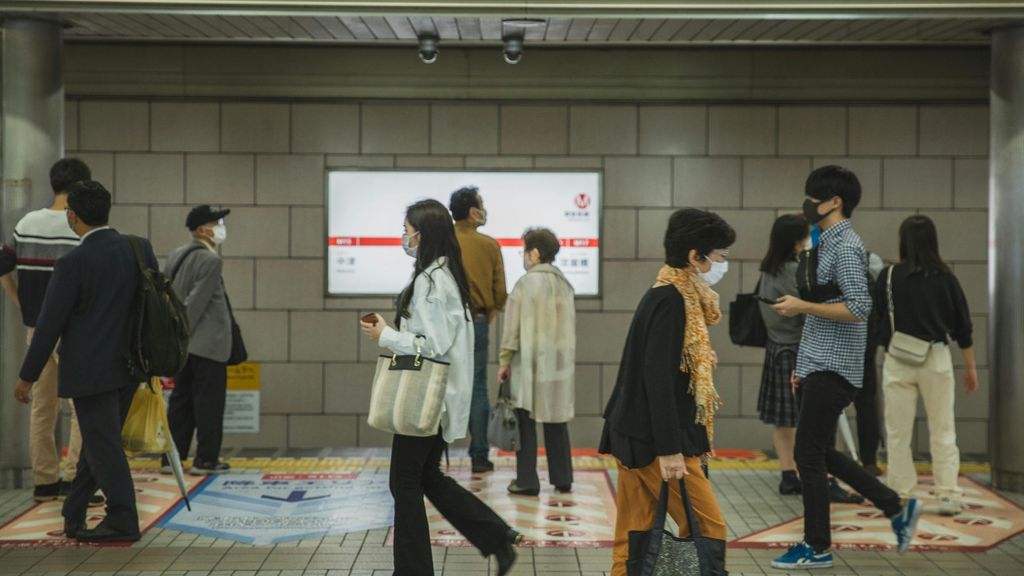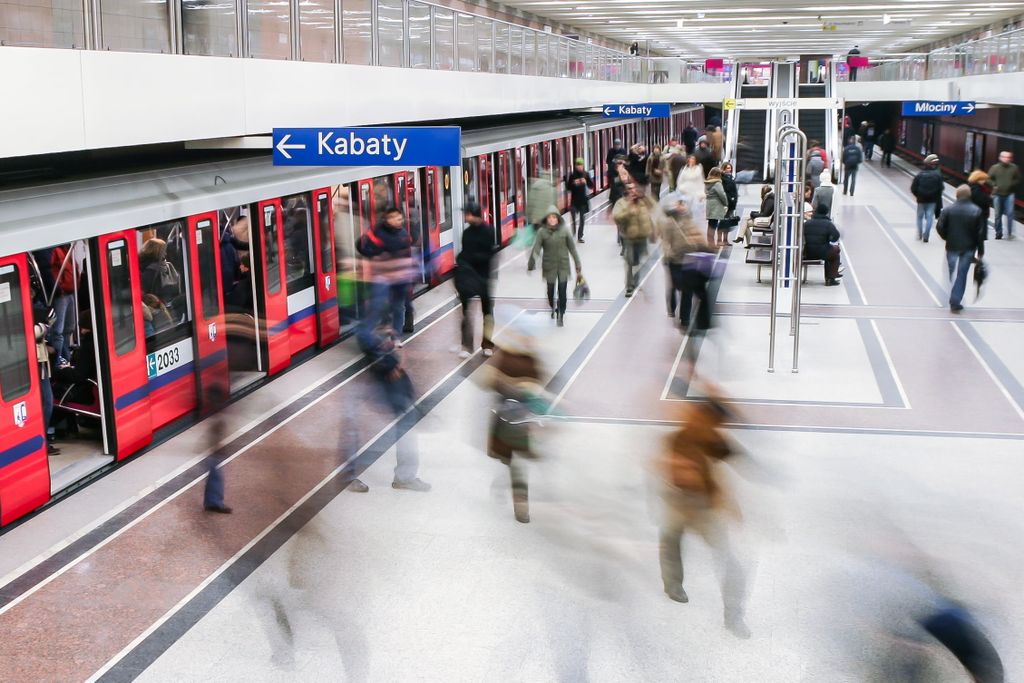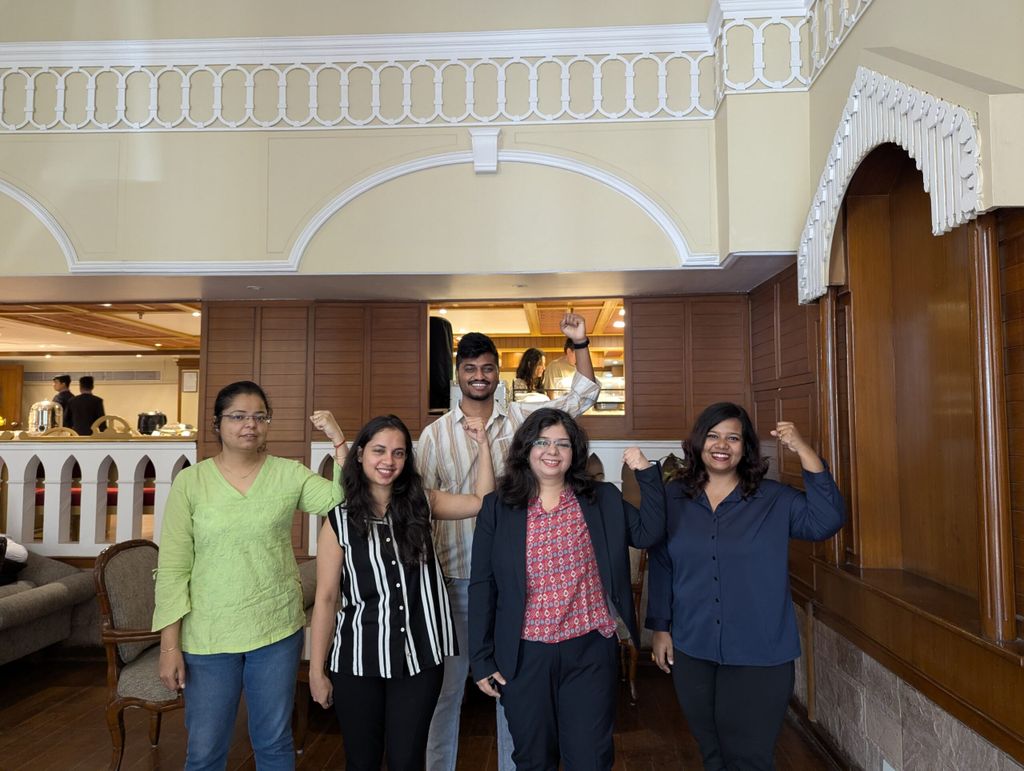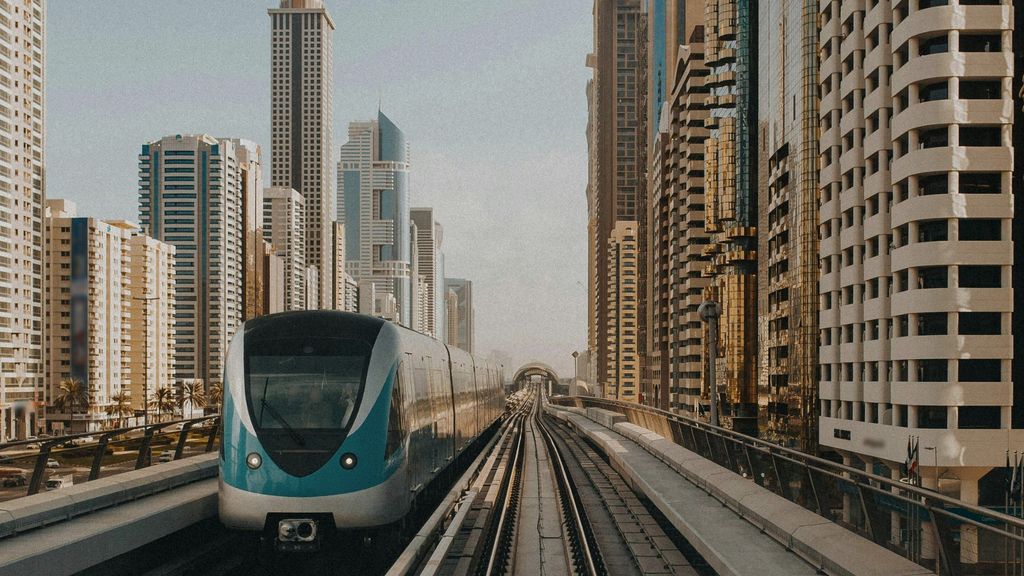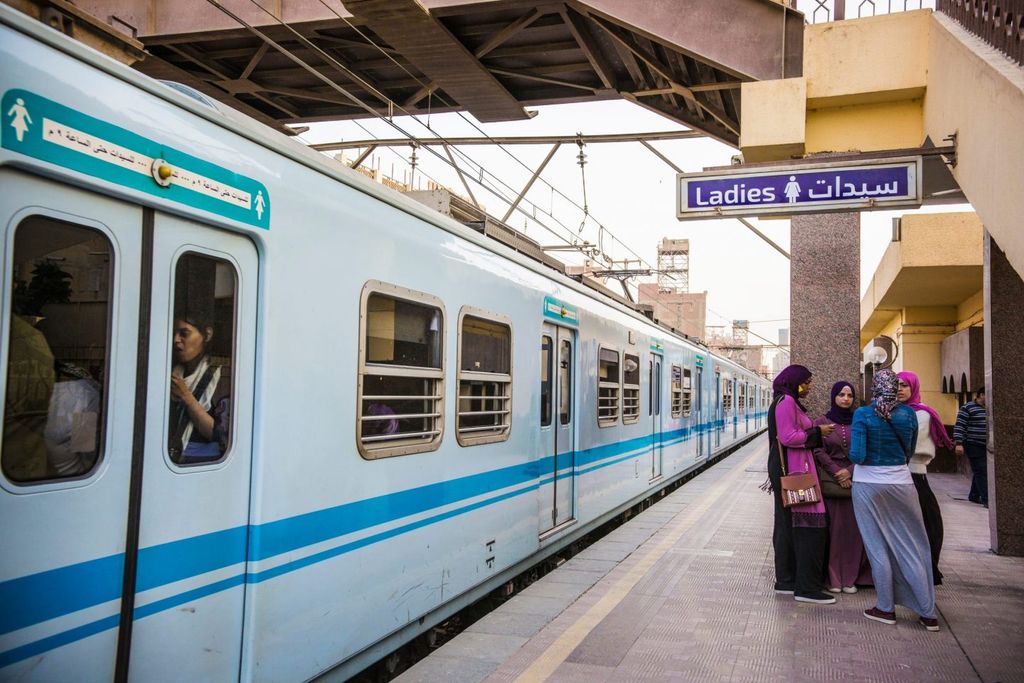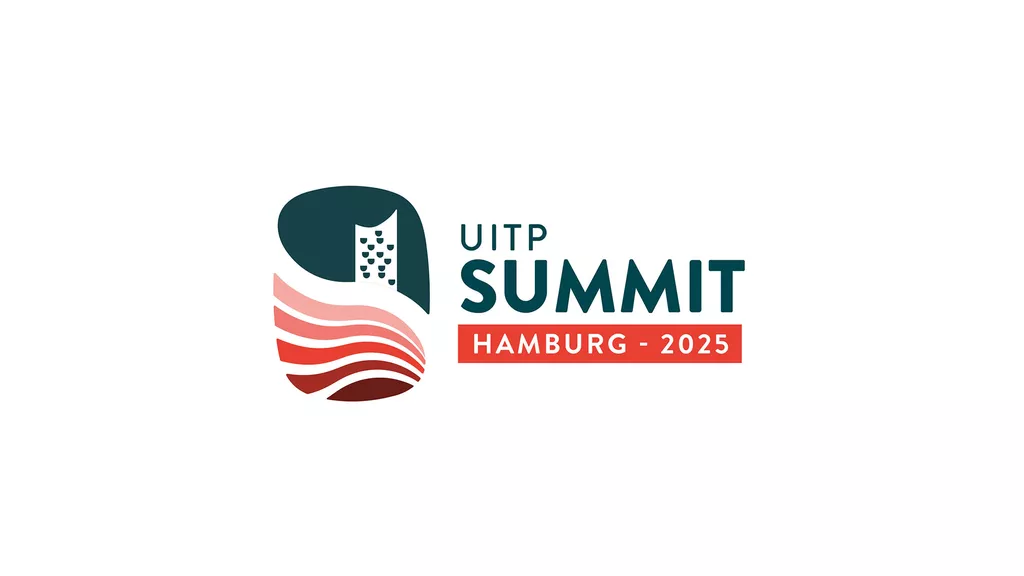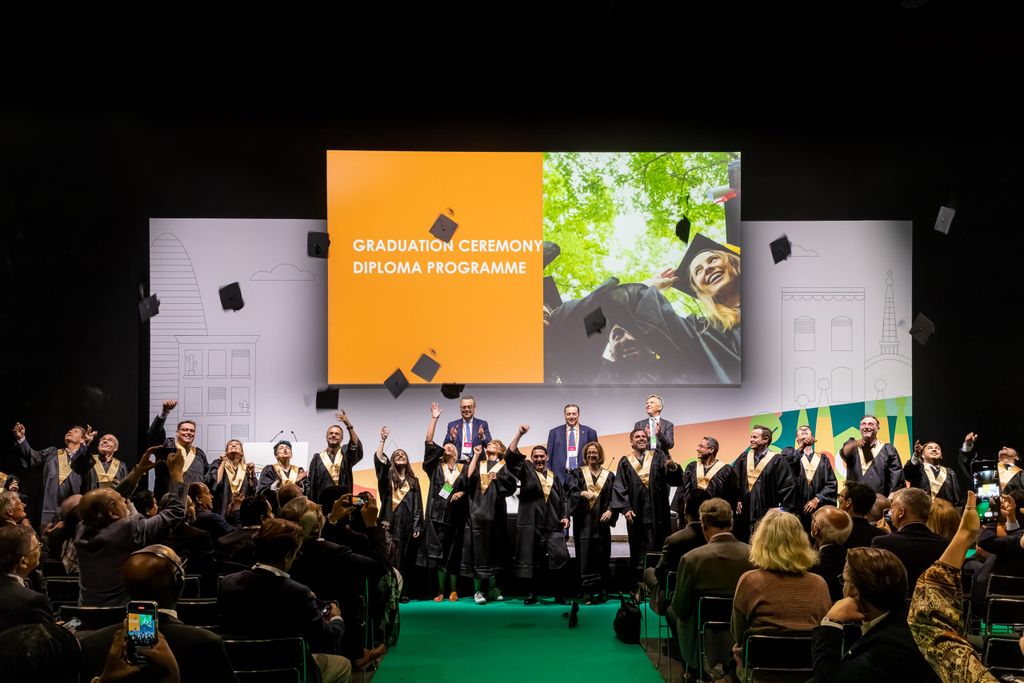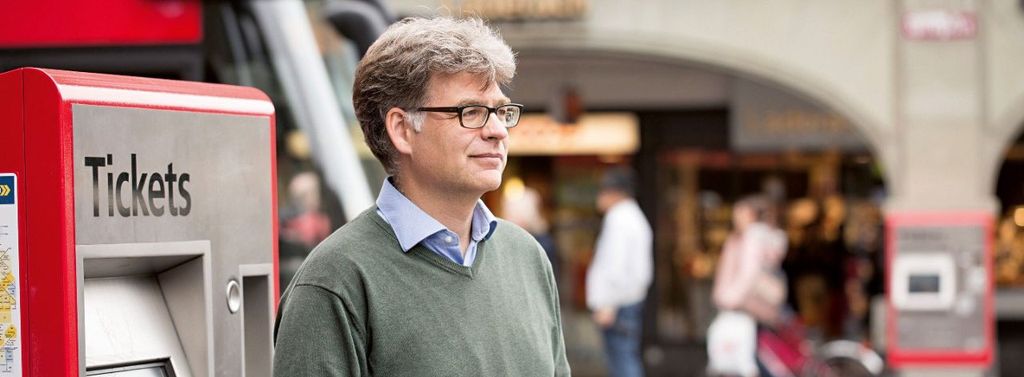
IT-TRANS speakers share their thoughts...Gian-Mattia Schucan of FAIRTIQ AG, Switzerland
Our speaker series of Q&A continues with Gian-Mattia Schucan of FAIRTIQ AG
This year, UITP will once again join forces with our collaborators at Messe Karlsruhe to bring you IT-TRANS – where the world of public transport comes together to discuss technology and IT-TRANS for urban mobility (Karlsruhe, 3-5 March 2020).
As we approach our time in Karlsruhe, our programme, panel sessions and list of international speakers and participants is taking shape.
Over the next two weeks we’ll be sitting down with several of our Conference speakers to get their thoughts on IT-TRANS2020, what they expect from this year’s edition and what’s to come for mobility going forward.
So what better way to get to know what we can look forward to at IT-TRANS2020 than a special sit-down with our speakers!
First we sat down with Olivier Binet, Co-Founder and President of Karos, France. What did Olivier have to say about urban mobility, carpooling and the future of the sector? Find out by catching up now!
Up next is Gian-Mattia Schucan, Founder and CEO of FAIRTIQ AG, Switzerland
Q1: Gian-Mattia, FAIRTIQ offers the ‘simplest, most cost-effective tickets’ to make public transport travel easier than ever before. You are the company’s Founder and CEO. How was the idea of FAIRTIQ born?
Since the late 1990s the Swiss public transport industry discussed the introduction of a nationwide card based Be-In, Be-Out System (BiBo). However, all attempts failed for both cost and complexity reasons, given the enormous hardware infrastructure that would have had to be built.
In 2015 FAIRTIQ’s founders reversed the question: how close to BiBo do we get, without ANY hardware in vehicles and/or stations – quickly. The result of these reflections was the FAIRTIQ app, launched 04/2016 in three regions in Switzerland and as quickly as in 03/2018 on a nationwide level in Switzerland. With just one swipe, passengers receive a valid travel permit on the phone allowing them to travel nationwide in Switzerland with all types of PT (railway, tram, metro, bus, boat, and even cable cars). On completion of the journey, which can be multi-leg and multi-operator, the passengers are charged the best price for the journey undertaken.
“Public Transport can only be successful in shifting people from individual to public transport, if it becomes easier and more comfortable to use…this means that it has to lower the barriers to its usage.”
Q2: As CEO of FAIRTIQ you’ve managed to establish the company as the market leader in smart mobile ticketing within just two years. What’s the secret to your success?
Our great team consisting of PT ticketing distribution specialists and IT specialists is able to continuously improve our technology. By delivering solutions to user concerns like the “forgotten check-out issue”, making the location based journey mapping more exact or preventing from ticketing fraud, we are successful offering a system which works fully without any hardware and can concentrate on its user-centricity.
This wouldn’t have been possible without FAIRTIQ’s PT Partners, having the same goals and visions for the public transport.
- Team of PT ticketing distribution specialists and IT specialists
- PT Partners with the same vision
- FAIRTIQ Partnership model
- FTQ technology: Fully hardware free, customer centricity incl. easy usage and a solution for the “forgotten check-out issue”
Q3: You’re an expert in the distribution of public transport tickets. What would you like our readers to understand about ticketing that they may not know?
People don’t want to buy tickets – they want to travel! This means, every interaction required to buy a ticket should be as user friendly as possible. Public transport is under constant pressure of cost efficiency – this includes the ticket distribution. FAIRTIQ offers answers to both these points.
Q4: You’ll be participating in the Parallel Session “Start-Ups as Mobility Innovators” where, among other points, the panel will examine how public transport authorities and operators collaborate with new players to lead the urban mobility systems of the future to a sustainable path. What do you hope the audience takes away from the session?
Public Transport can only be successful in shifting people from individual to public transport, if it becomes easier and more comfortable to use. This means that the Public Transport has to lower the barriers to its usage.
For innovation to take place Start-ups and innovative players in general need access to the market. Also, today’s tendering processes need to adapt to agile developments. It’s simply not possible to get a top solution by trying to define technical requirements 10 years down the line.
“For a sustainable world we need to invest money in a good public transport offering – not give it away for free.”
Q5: IT-TRANS is all about bringing the sector together to debate the future of public transport. Let’s look forward five years: what does urban mobility look like in 2025?
Public transport will stay (or in some places gets to be) the backbone of urban mobility. Even though FAIRTIQ is in ticketing: The key to good sustainable urban mobility is the Public Transport offering, i.e. high frequencies, good quality of bus, tram, subway and train services.
On the basis of this high quality offer, low barriers to entry through advanced ticketing methods such as FAIRTIQ’s will help to attract more people.
Q6: And finally, there’s so many different mobility topics making the news right now, Mobility-as-a-Service, free public transport, Artificial Intelligence, and much more…what talking point interests you the most?
AI has a big potential – but only if it serves the right purpose. Focused on good processes it can help a lot regarding both, efficiency and quality of services.
MaaS in today’s meaning is – in my view – rather overhyped at the moment. However, Public Transport is MaaS and always has been.
On free public transport I have an extremely clear view – it will not be sustainable. For a sustainable world we need to invest money in a good Public Transport offering – not give it away for free.
Thank you to Gian-Mattia for his time and his thoughtful and interesting contribution to the urban mobility debate!
Do you know all about the city of Karlsruhe? Invite the Innovation by learning more about the hub of creativity…
become a member

